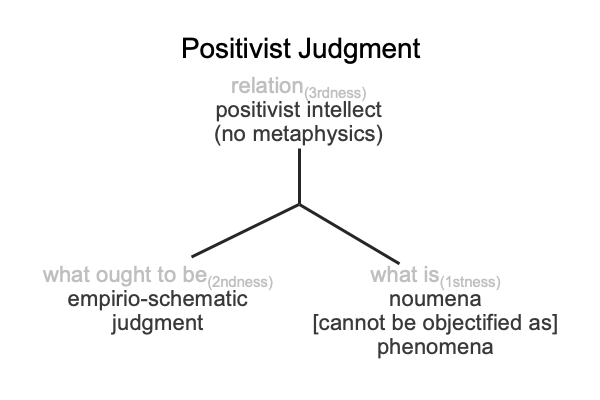0061 The doctrine of original sin is inspired by Saint Augustine’s interpretation of Saint Paul’s Letter to the Romans. Adam is of the type who is fallen. Jesus is of the type who is risen. Jesus descends from Adam. Adam connects to all humanity. Through this, Jesus connects to all humanity.
0062 How does Adam connect to all humanity?
One answer is offered by the Genesis text. God makes the earth-man and the rib-woman. The rest is history. But, is that the history of the Jewish covenant or the history of our current Lebenswelt? Or both?
0063 Hill tries to resolve the confounding, saying, “Adam and Eve are the parents of those in the covenant line of Adam leading to Christ.”
Technically, she is correct.
However, she does not capitalize on the other idea, clearly articulated in her article, saying (more or less), “Adam and Eve associate to the Ubaid period of southern Mesopotamia.”
0064 She cannot capitalize on this idea, because she has not encountered the concept of the first singularity, nor wondered about its implications.
Consider Comments on Original Sin and Original Death: Romans 5:12-19, by Razie Mah, available at smashwords and other electronic book vendors.
If the Ubaid initiates our current Lebenswelt, and if the Ubaid breaks with the Lebenswelt that we evolved in, then there is a replacement to Augustine’s failed scientific proposal.
0065 Hill’s vignette about copper production, a highly specialized alchemic process, tells me that she senses that ‘something cultural’ comes out of the Ubaid of southern Mesopotamia and spreads to all the world. Her intuition is already fulfilled.
0066 The Ubaid is the first Neolithic culture to practice speech-alone talk. Speech-alone talk has dramatically different semiotic qualities than hand-speech talk, the way of talking practiced since the time that humans evolved. The semiotic qualities of speech-alone talk favor unconstrained social complexity. Unconstrained social complexity leads to greater wealth and power. Labor specialization increases wealth. Social specialization yields power.
No wonder every hand-speech talking culture in the world ends up dropping the hand-talk component of their hand-speech talk. It is so easy to do. Plus, the consequences are not readily apparent. Over generations, labor specializes and society stratifies. The world gets more and more complicated. The old ways are derided. Then, they are forgotten. A village becomes a town. A town becomes a city. In the city, there are rumors of people who remember. And what do they remember? History begins with the start of civilization.
0067 Meanwhile, the people in unconstrained social complexity become more and more disoriented, until evil is in their hearts, continually.
Our spoken words mean whatever we want them to mean. If our spoken words can lie for us, then why not live the lies? Doesn’t that fit Augustine’s theology of original sin?
Yes, the transmission of our current Lebenswelt, from the Ubaid to the entire world, does not come from descent. Rather, it comes from the fact that we all practice speech-alone talk. Before the Ubaid, humans practice hand-speech talk. Today, humans practice speech-alone talk. The semiotic differences between hand-speech and speech-alone talk account for why civilization never forms before the Ubaid and why civilization is potentiated within the Ubaid.
0068 Perhaps, an expanded theology of original sin comes from the realization that Adam associates to the Ubaid and the Ubaid associates to the first singularity. Augustine’s theology is a good place to start. I am fallen. Concupiscence calls me. I am tempted to project my own meanings, presences and messages into my speech-alone words. My spoken words can lie for me. I can accuse others, using made-up words, and so on. The only way for me to get to my feet is to be baptized, in a sacrament, just like Jesus is baptized by John. The water of baptism gives me the grace to be honest.

